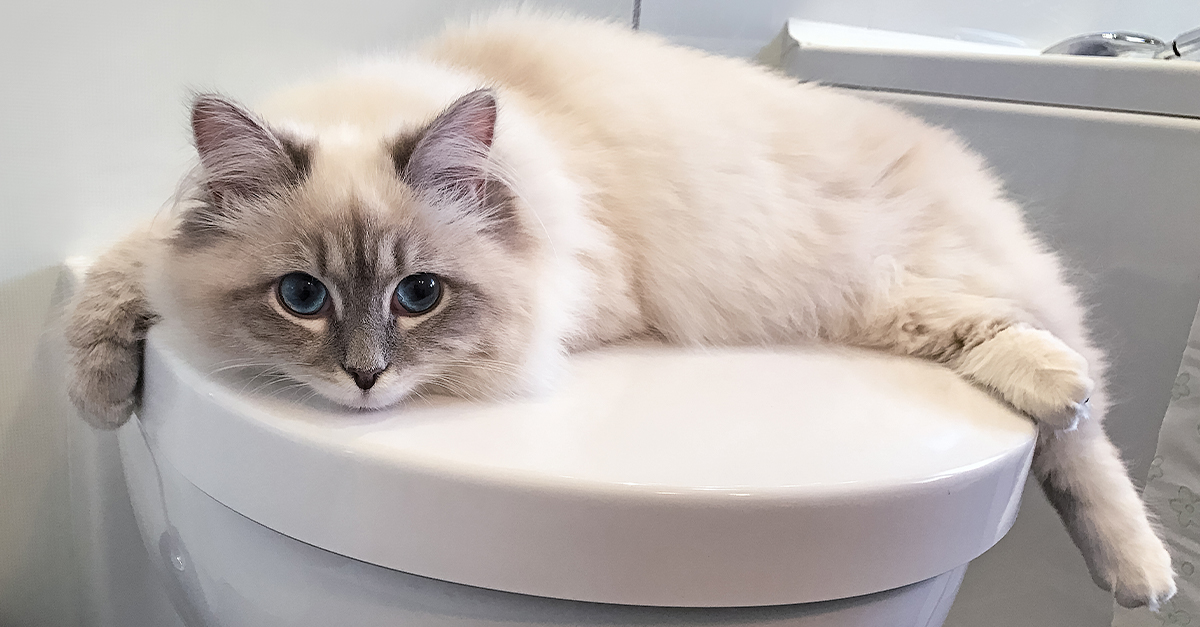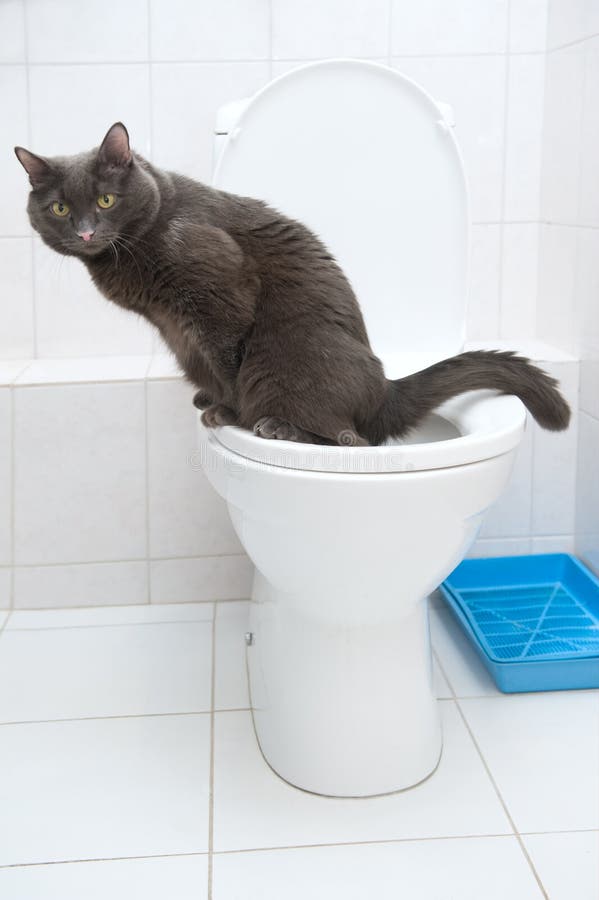The Dangers of Flushing Cat Poop Down Your Toilet - Advice for Safer Handling
The Dangers of Flushing Cat Poop Down Your Toilet - Advice for Safer Handling
Blog Article
We've stumbled on this post pertaining to How to Dispose of Cat Poop and Litter Without Plastic Bags down the page on the web and figured it made good sense to relate it with you here.

Introduction
As pet cat proprietors, it's vital to be mindful of just how we take care of our feline buddies' waste. While it may seem hassle-free to flush feline poop down the toilet, this method can have harmful repercussions for both the environment and human health and wellness.
Ecological Impact
Purging feline poop introduces harmful virus and parasites right into the water supply, posing a significant threat to water communities. These contaminants can negatively influence aquatic life and concession water quality.
Health and wellness Risks
In addition to environmental concerns, purging feline waste can likewise pose wellness risks to people. Cat feces might consist of Toxoplasma gondii, a bloodsucker that can trigger toxoplasmosis-- a potentially extreme disease, particularly for pregnant women and individuals with weakened body immune systems.
Alternatives to Flushing
Luckily, there are more secure and a lot more accountable ways to throw away feline poop. Take into consideration the complying with choices:
1. Scoop and Dispose in Trash
The most typical approach of throwing away feline poop is to scoop it into an eco-friendly bag and throw it in the garbage. Be sure to utilize a dedicated clutter scoop and get rid of the waste immediately.
2. Use Biodegradable Litter
Go with eco-friendly feline litter made from products such as corn or wheat. These clutters are eco-friendly and can be securely taken care of in the garbage.
3. Hide in the Yard
If you have a yard, think about burying cat waste in a designated location far from vegetable yards and water sources. Make sure to dig deep enough to avoid contamination of groundwater.
4. Set Up a Pet Waste Disposal System
Buy an animal waste disposal system specifically developed for cat waste. These systems use enzymes to break down the waste, decreasing smell and ecological impact.
Verdict
Liable pet ownership expands past providing food and sanctuary-- it additionally includes appropriate waste administration. By refraining from flushing feline poop down the bathroom and opting for alternative disposal approaches, we can reduce our ecological footprint and secure human health.
Why You Should Never Flush Cat Poop Down the Toilet
A rose by any other name might smell as sweet, but not all poop is created equal. Toilets, and our sewage systems, are designed for human excrement, not animal waste. It might seem like it couldn’t hurt to toss cat feces into the loo, but it’s not a good idea to flush cat poop in the toilet.
First and foremost, assuming your cat uses a litter box, any waste is going to have litter on it. And even the smallest amount of litter can wreak havoc on plumbing.
Over time, small amounts build up, filling up your septic system. Most litter sold today is clumping; it is made from a type of clay that hardens when it gets wet. Ever tried to scrape old clumps from the bottom of a litter box? You know just how cement-hard it can get!
Now imagine just a small clump of that stuck in your pipes. A simple de-clogger like Drano isn’t going to cut it. And that means it’s going to cost you big time to fix it.
Parasitic Contamination
Believe it or not, your healthy kitty may be harboring a nasty parasite. Only cats excrete Toxoplasma in their feces. Yet it rarely causes serious health issues in the cats that are infected. Most people will be fine too if infected. Only pregnant women and people with compromised immune systems are at risk. (If you’ve ever heard how women who are expecting are excused from litter cleaning duty, Toxoplasma is why.)
But other animals may have a problem if infected with the parasite. And human water treatment systems aren’t designed to handle it. As a result, the systems don’t remove the parasite before discharging wastewater into local waterways. Fish, shellfish, and other marine life — otters in particular — are susceptible to toxoplasma. If exposed, most will end up with brain damage and many will die.
Depending on the species of fish, they may end up on someone’s fish hook and, ultimately on someone’s dinner plate. If that someone has a chronic illness, they’re at risk.
Skip the Toilet Training
We know there are folks out there who like to toilet train their cats. And we give them props, it takes a lot of work. But thanks to the toxoplasma, it’s not a good idea.

I was introduced to that editorial on Can You Flush Cat Poo or Litter Down the Toilet? through an associate on a different website. Sharing is good. Helping people is fun. Thanks a lot for going through it.
Call Today Report this page